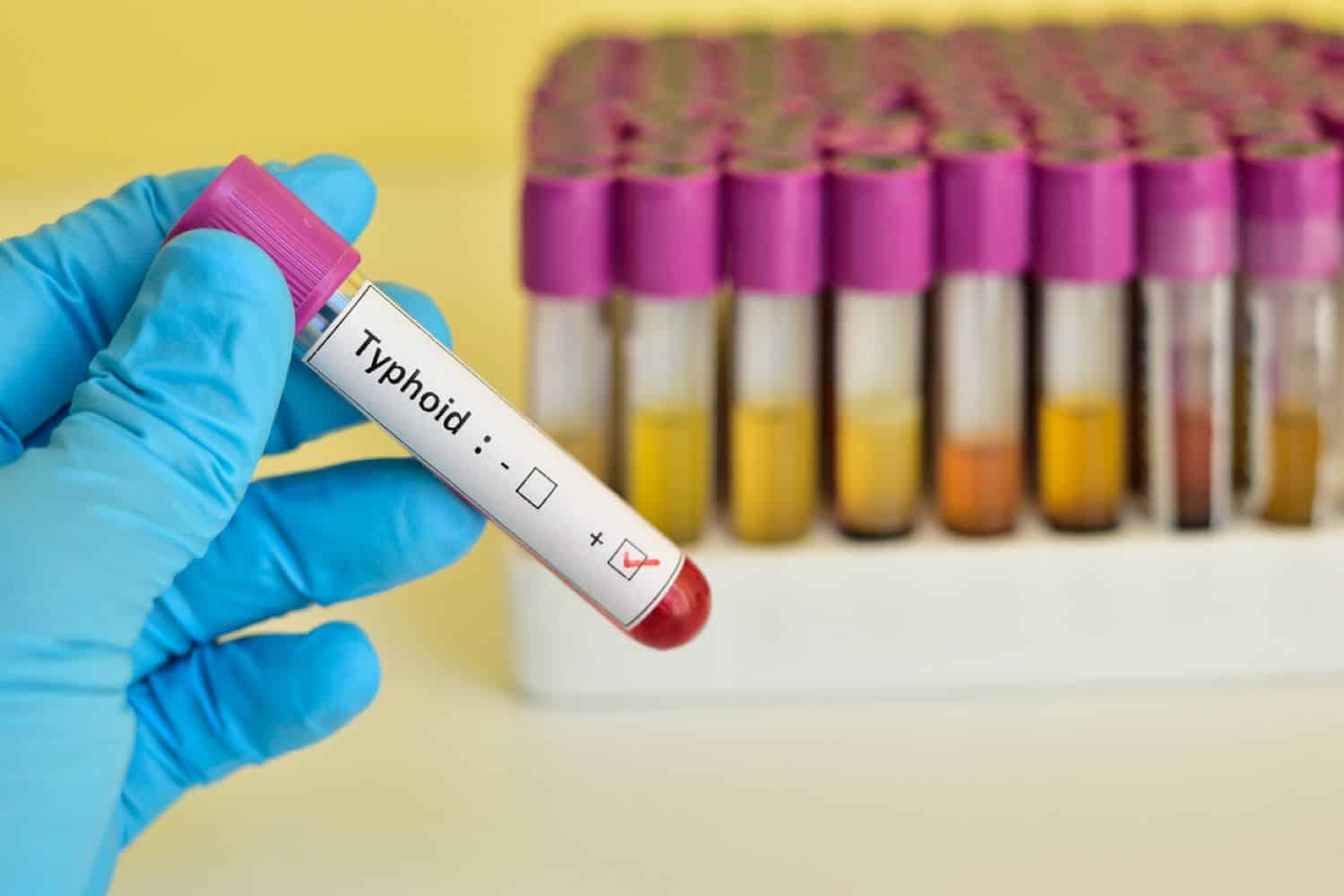
The dust from the City of Tshwane’s pricey water tanker allegations hasn’t even settled yet and another water crisis hits the city: typhoid.
The city was aware of recent reports of an increase in laboratory-confirmed typhoid cases, specifically in Bronkhorstspruit and Hammanskraal, spokesperson Lindela Mashigo said.
“Preliminary results of recent drinking water samples taken and tested have not determined an epidemiological link between these cases. Furthermore, the results have not yet determined the source of the contamination,” he said.
Routine water quality tests to continue
The city takes these reports seriously and will intensify its investigations, working closely with the departments of health, water and sanitation and the National Institute for Communicable Diseases to ascertain the root cause of the increase, Mashigo said.
“Routine water quality tests of drinking water continue to be conducted across the city’s network and no detection of salmonella typhi has been recorded to date.
“The city maintains stringent monitoring and testing protocols to ensure that all treated water supplied to residents complies with the South African National Standard (Sans 241) for drinking water,” he said.
Mashingo appealed to communities to refrain from using untreated river or borehole water for domestic purposes as a precautionary measure.
“Only piped municipal water that has been properly treated and tested should be used for drinking and cooking. The city urges all communities to observe hygiene protocols, which include but are not limited to washing their hands with soap and water and also to practice hygienic and safe storage of water,” he added.
ALSO READ: Fury as Tshwane blows R777m on tankers
A surge of typhoid cases in Hammanskraal
DA Tshwane mayoral candidate Cilliers Brink said the opposition was alarmed by a surge of cases in Hammanskraal, a community that has not had potable water for years.
“In the past few months, the DA has consistently drawn attention to the stalling of the project to supply Hammanskraal residents with water supplied by Magalies Water and to eliminate the reliance on expensive and exploitative water tankers.
“In January, Tshwane launched the first of four phases of the project, but when I visited Hammanskraal a few weeks ago, residents who were meant to have clean water in their taps had no water at all,” Brink said.
ALSO READ: Fixing SA’s water woes means curtailing municipalities’ free-spending ways
Although water was not the only source of typhoid, it is certainly at the top of the list of causes that have to be eliminated.
“We call on the city to act quickly to contain the situation. This must include the release of routine tests taken by the Tshwane department of water and sanitation on the Rooiwal/ Apies River/Leeuwkraal water system. These tests act as an early warning system,” Brink said.
Dry taps for days
A patient in the Jubilee district hospital, who agreed to speak anonymously for fear of being refused medical care, said they haven’t had water for a week.
“Patients can’t bathe, consume water or use the bathrooms. The taps are dry and the wards are stinking. There’s no backup like mobile toilets or JoJo tanks. It is so frustrating,” the patient said.
WaterCAN’s Ferrial Adam said the body is outraged by reports of typhoid in Tshwane.
“A city spending nearly R600 million on water tankers while residents face contaminated taps shows just how little priority is given to people’s right to clean, safe water,” she said.
Adam said this outbreak was not an accident.
“It’s a symptom of neglect and failed governance.
“We demand full transparency on water quality and immediate accountability from those responsible,” Adam said.



